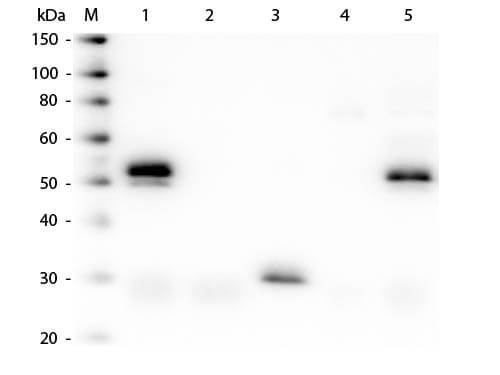Unconjugated Antibodies
Unconjugated secondary antibodies play a crucial role in immunoassays by allowing specific antigen detection without being directly linked to a detectable agent. This method offers a versatile and sensitive approach for scientific studies, making it a valuable tool for researchers.
- Flexibility in detection: Adapt to multiple detection systems
- Multiplexing capability: Allows simultaneous antigen detection
- Enhanced sensitivity: Offers more precise antigen identification
Product Categories
Reactivity
Specificity
Conjugation
Applications
Host Species
Clonality
Format
Sample Size
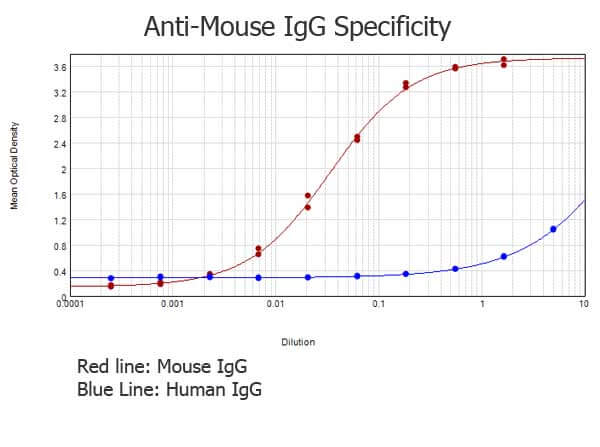
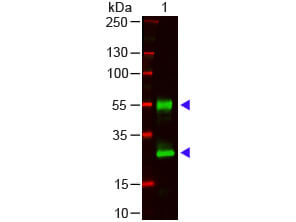
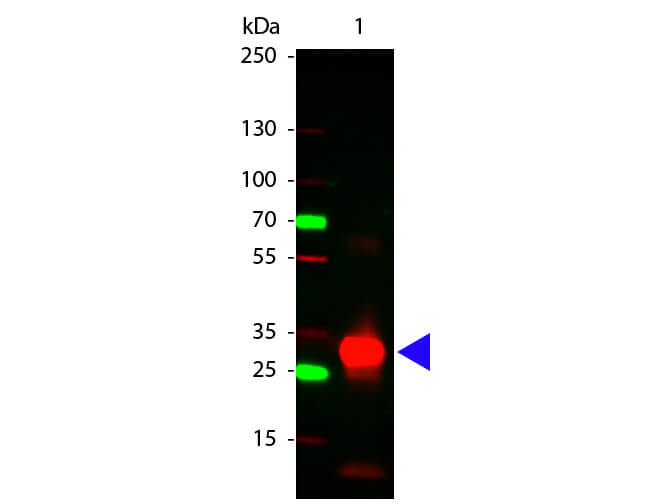
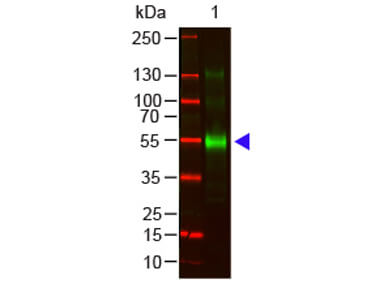
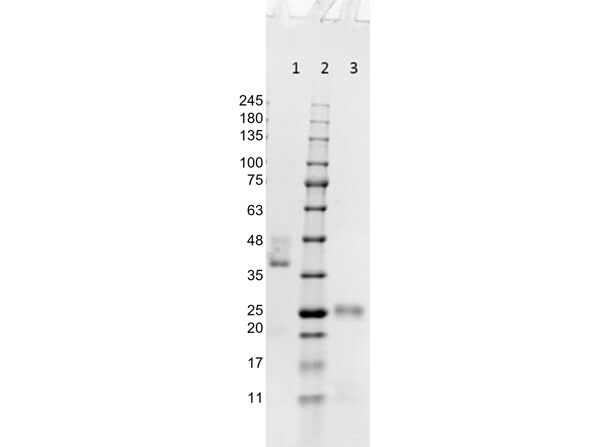
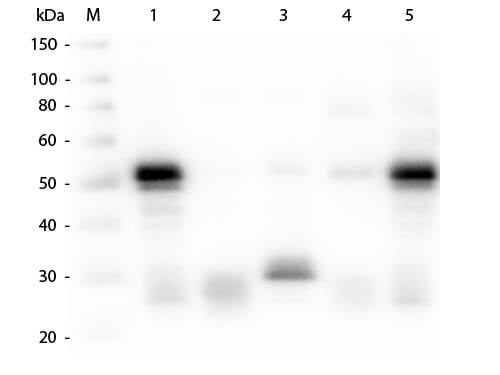
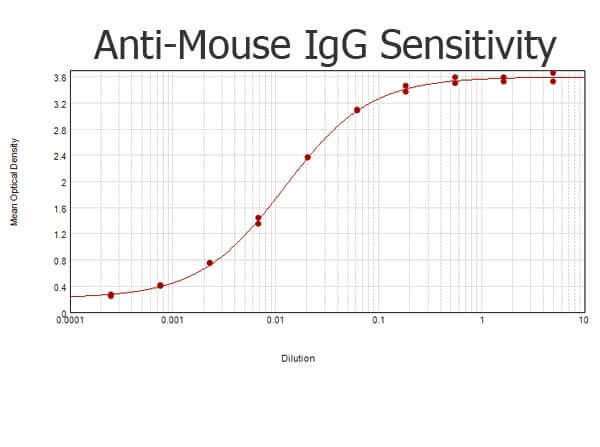
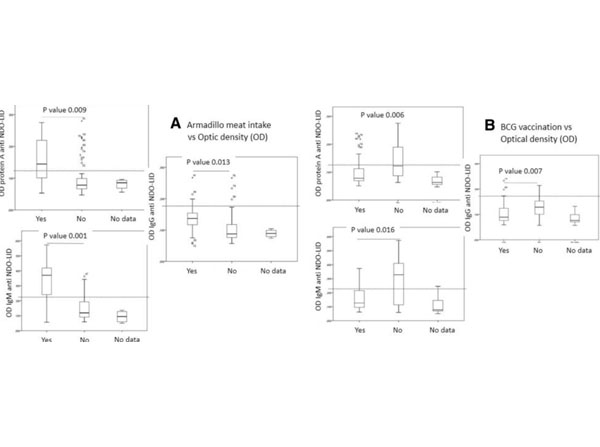
-1-E-4x3.jpg)
